Impacts of housing discrimination on economic opportunity
Historical and current housing discrimination by race in rental and real estate markets have diminished opportunities for Black Wisconsinites to build generational wealth and create new businesses.
By Nathan Denzin | Here & Now
October 17, 2023
VIDEO TRANSCRIPT
Editor's note: If you have watched this or any other Wisconsin in Black & White report, please share your feed back in a survey at pbswisconsin.org/wibw-survey. Thank you.
Nathan Denzin:
Historical wrongs like blatant housing discrimination in Wisconsin.
1960s landlord:
I am sorry. We don't feel that we can rent to colored people.
Nathan Denzin:
The Federal Fair Housing Act is supposed to protect renters or buyers from discrimination based on a number of protected classes, including race. However, discrimination in the housing market has persisted in the 55 years since it became law.
White housing tester:
Is as or more prevalent today than it has been in the past.
Black housing tester:
The discrimination is a reality. It's not hypothetical, it's not theoretical. It still happens; it's just more subtle.
Nathan Denzin:
These two people, one white and one Black, test for discrimination in housing as a part of Wisconsin's Fair Housing Council, a nonprofit that ensures realtors and landlords follow the law. They have been made anonymous to ensure they can continue to test.
1960s landlord:
Well, I'm not gonna rent it to you.
1960s renter:
I'm sorry?
1960s landlord:
I'm not gonna rent it to you.
Nathan Denzin:
This 1961 film was recorded in Madison at the height of segregation, but it was hidden by the University of Wisconsin and never shown to the public until 2021. Flash forward to today.
Black housing tester:
In today's time, it's probably more subtle, but they've already concluded that they're not gonna rent you the apartment.
Nathan Denzin:
The two testers from the Fair Housing Council recently toured the same apartment building and found discrimination based on race.
Black housing tester:
I went to an apartment building. I asked if a unit was available October. They said nothing was available.
White housing tester:
Yeah, they did show me more than one apartment, so they were very, very eager to show me around.
Nathan Denzin:
However, the Black tester had a different experience.
Black housing tester:
But I never saw the actual unit because it wasn't available.
White housing tester:
One thing I remember clearly about this is that they were just so engaging and they repeated, like, two or three times over, you know, the amenities that they had.
Black housing tester:
Then the person made a slip-up and said, "Well, there was something available in October, but that's gone now." And so then you become aware of, like, what's going on in the back of your mind.
Nathan Denzin:
On top of discrimination by landlords, lenders like Associated Bank in Milwaukee, Racine, and Kenosha were part of a recent $200 million redlining settlement. A federal complaint in the case alleged the denial of mortgages to Black and Hispanic applicants.
Reggie Jackson:
Many banks have been caught with their hands in the cookie jar, giving Black and Latino borrowers different loans than they give whites.
Nathan Denzin:
Reggie Jackson educates people about diversity. Jackson noted that despite the Fair Housing Act, the Black home ownership rate has not improved much since 1968. Ranell Washington says that shuts Black families out of the ability to create generational wealth.
Ranell Washington:
Housing is the cornerstone to the beginning of a financial journey.
Elmer Moore, Jr.:
There have been laws and policies that created some of the disinvestment, the plight, and the wrong that we're experiencing today. Even if those laws were changed 50 years ago, the consequences of them are still absolutely present.
Nathan Denzin:
Elmer Moore, Jr. and Ranell Washington play critical roles in the Wisconsin Housing and Economic Development Authority.
Elmer Moore, Jr.:
It's about trying our best, honestly, to correct some historical wrongs.
Nathan Denzin:
The duo cares deeply about evening historical gaps caused by housing discrimination. They provide affordable loans, rental units, and mortgages to low-income individuals. Plus, they invest in future housing or business projects.
Elmer Moore, Jr.:
There's 147,000 families who've been able to buy homes across the state because of the mortgages WHEDA made available, and they might not have otherwise been able to afford those things.
Ranell Washington:
Making really intentional decisions to spur affordable housing development in our inner city communities is one of the ones that we definitely have a lens on.
Elmer Moore, Jr.:
That's sequestering some resources and intentionally investing in Black communities. It's the right thing to do.
Nathan Denzin:
WHEDA has funded developments in Milwaukee's Bronzeville neighborhood, including The Griot, which fashioned apartments out of an old schoolhouse.
Elmer Moore, Jr.:
It brought new businesses. It obviously brought new residents. It also does things like plants new trees.
Ranell Washington:
Housing is that cornerstone, and from that, I can have conversations about aspiring to be a entrepreneur.
Nathan Denzin:
Building equity in your house can spur the creation of a second way to build wealth: your own business. And while Black-owned businesses have seen an uptick in recent years, there is still a large disparity between Black and white-owned businesses in Wisconsin.
Sabrina Madison:
And our work does what lots of folks don't do, primarily, is to center the needs of Black women.
Nathan Denzin:
Sabrina Madison is the founder of the non-profit Progress Center for Black Women in Madison.
Sabrina Madison:
The first level that I really wanna see is Black folks having more power in their pockets. And I always go with the fact Black women in Dane County on average in 2016 earned 57 cents on every dollar made by white men. I wanted to give Black women another option to be successful.
Nathan Denzin:
To help close the gap, the Progress Center provides Black women with programming that includes financial health, professional development, and entrepreneurship.
Sabrina Madison:
Oftentimes, programming is very piecemeal, where you gotta go to one side of town for this, you gotta go somewhere for that, you gotta wait on a phone call for this other thing. And we wanted to sort of, like, center all of your needs in one space.
Nathan Denzin:
Madison says her foundation has helped hundreds of women create their own business or secure a better job.
Sabrina Madison:
I absolutely wanna see the rest of the state, but more importantly, Madison and Milwaukee extend its Black leaders through wealth creation because with wealth, you have more power.
Nathan Denzin:
Despite the work of WHEDA and the Progress Center, Madison says everyone has to buy in to make Wisconsin a more equitable place.
Sabrina Madison:
So these visions that Black folks have for their lives as Wisconsinites, 'cause we too are from Wisconsin and we too live here, that you want to also be part of this vision and see this vision expanded.
Nathan Denzin:
While that vision might take years to be realized, Madison says the work starts today. For Here & Now, I'm Nathan Denzin.
Editor’s note: If you have watched this or any other Wisconsin in Black & White report, please share your feed back in a survey at pbswisconsin.org/wibw-survey. Thank you.
 Passport
Passport




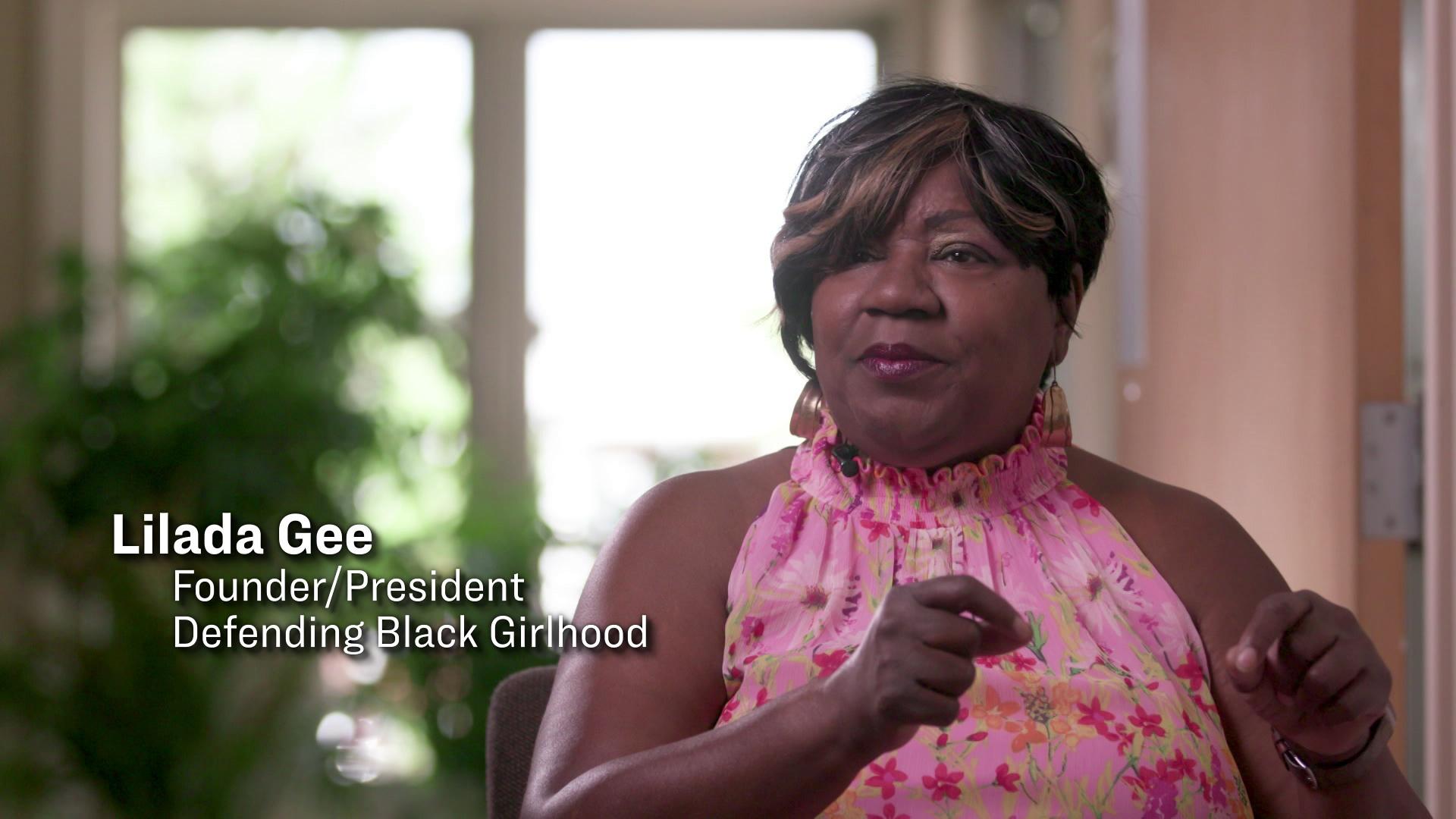
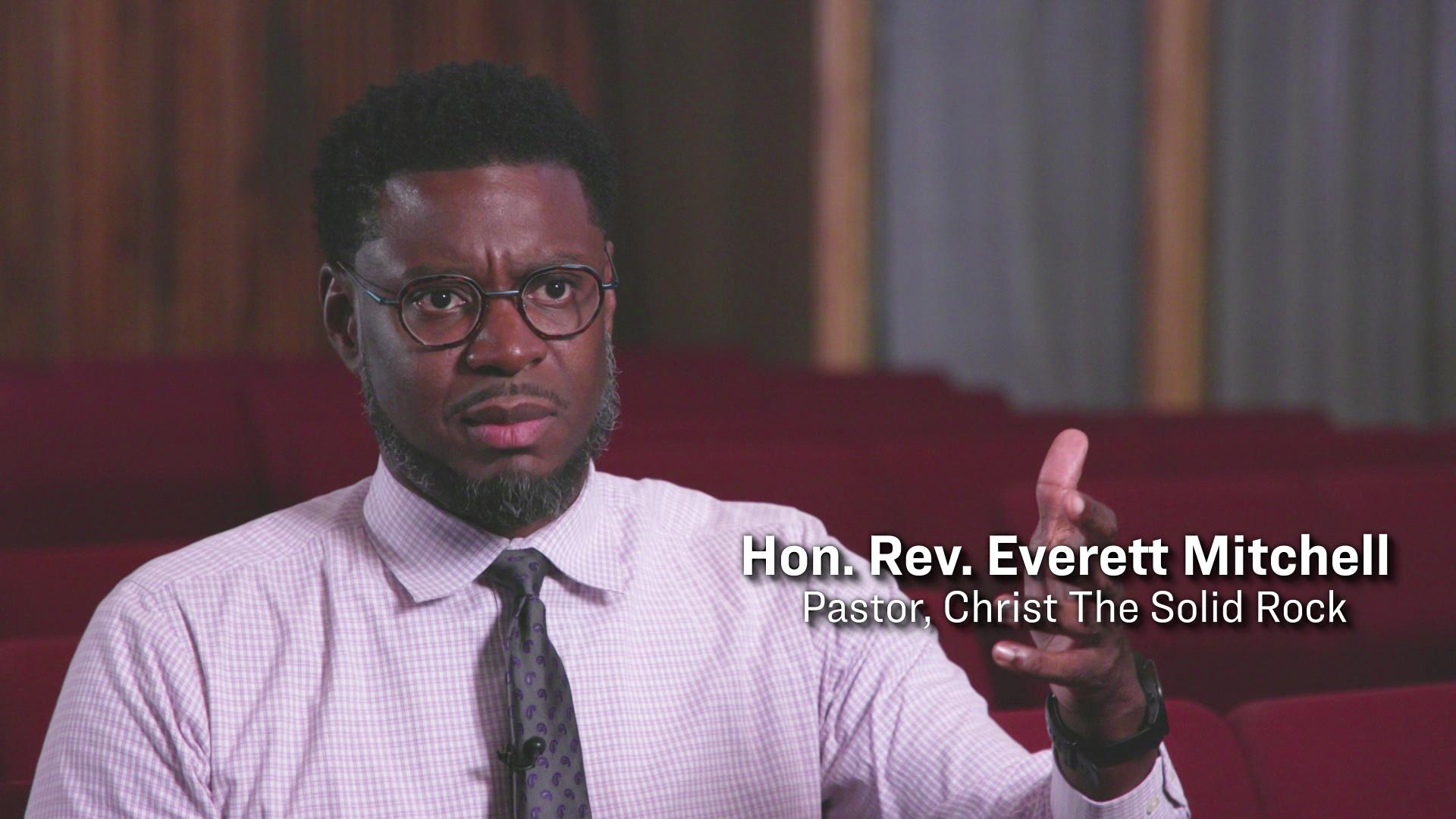
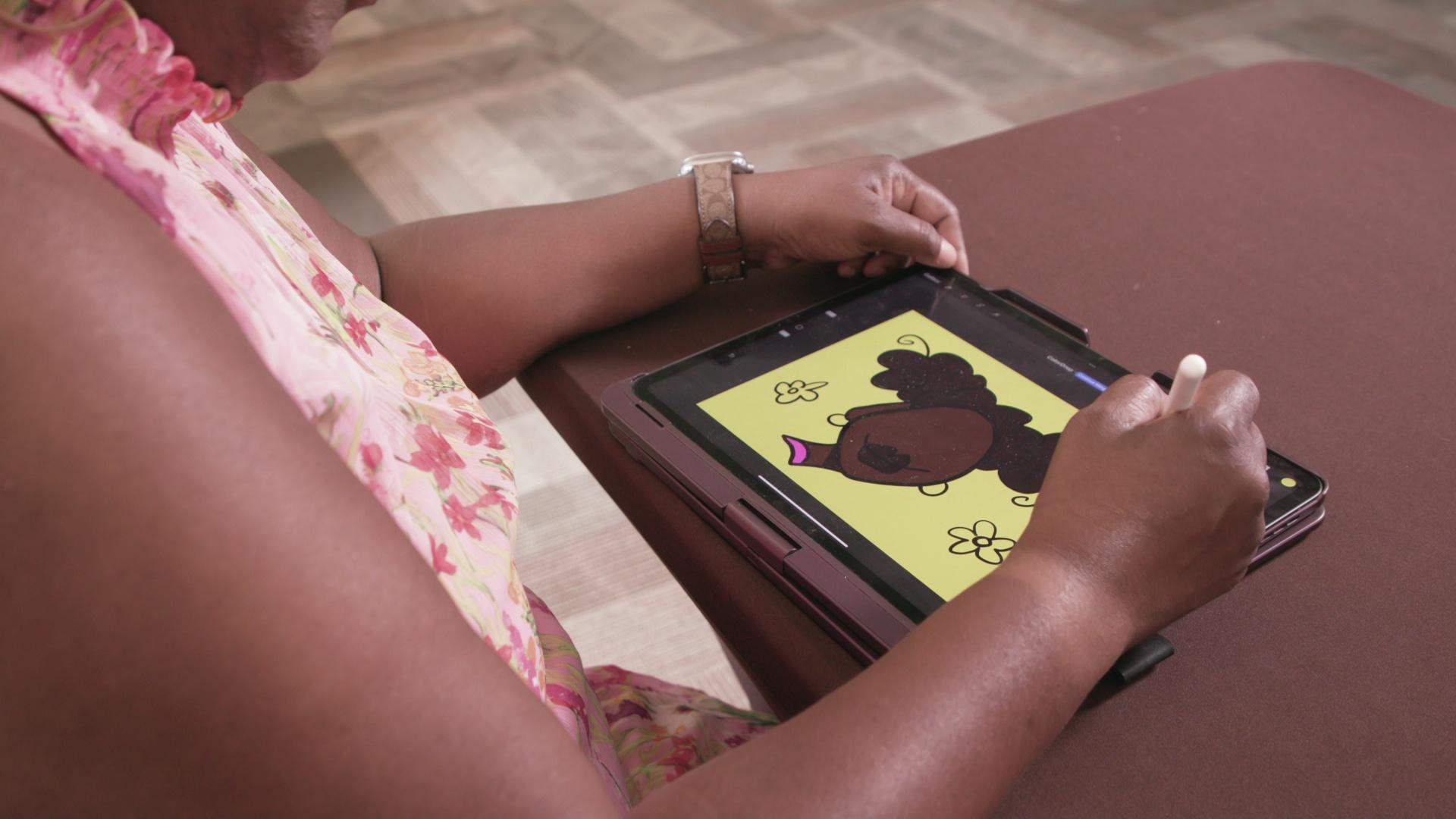
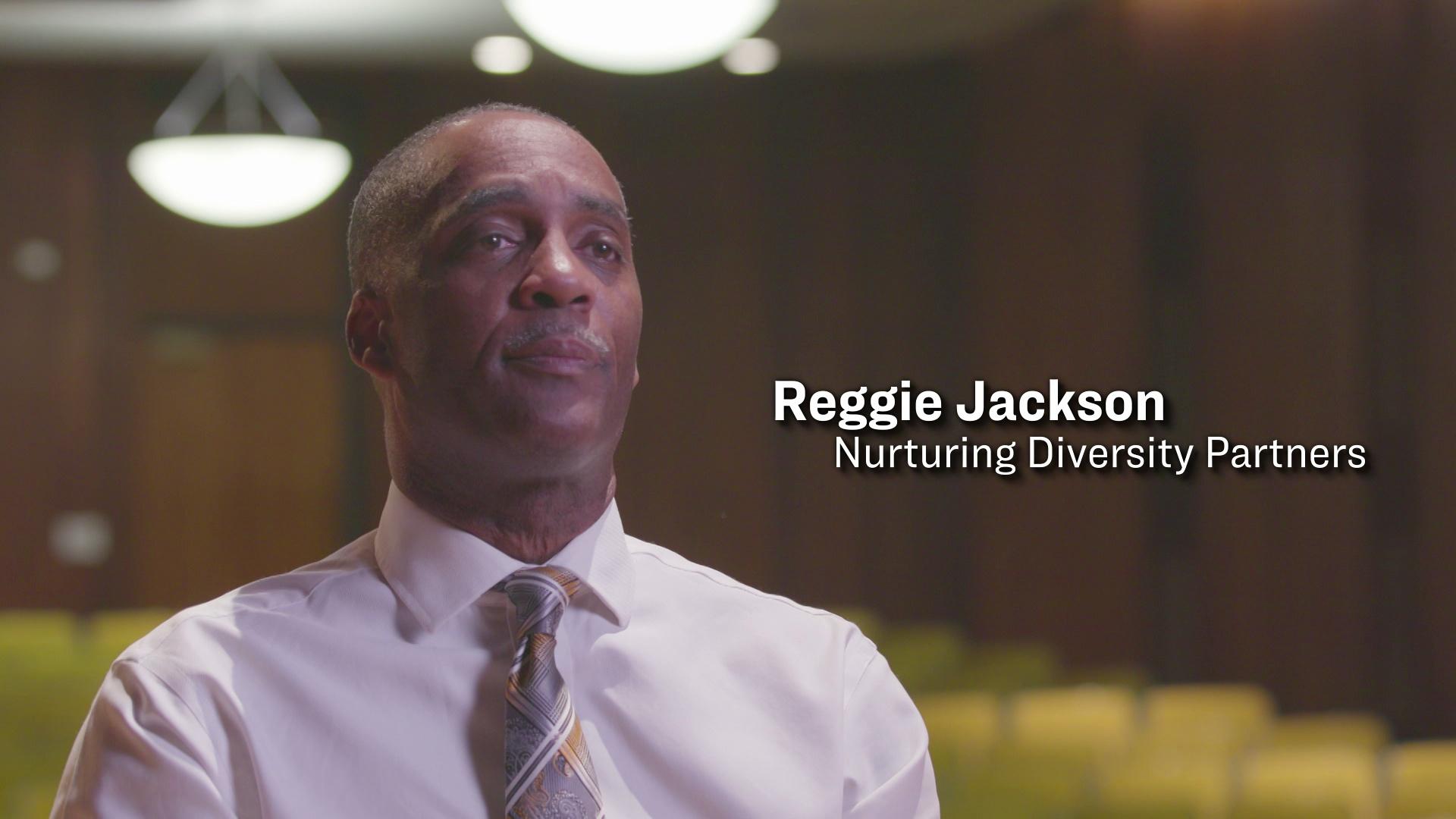
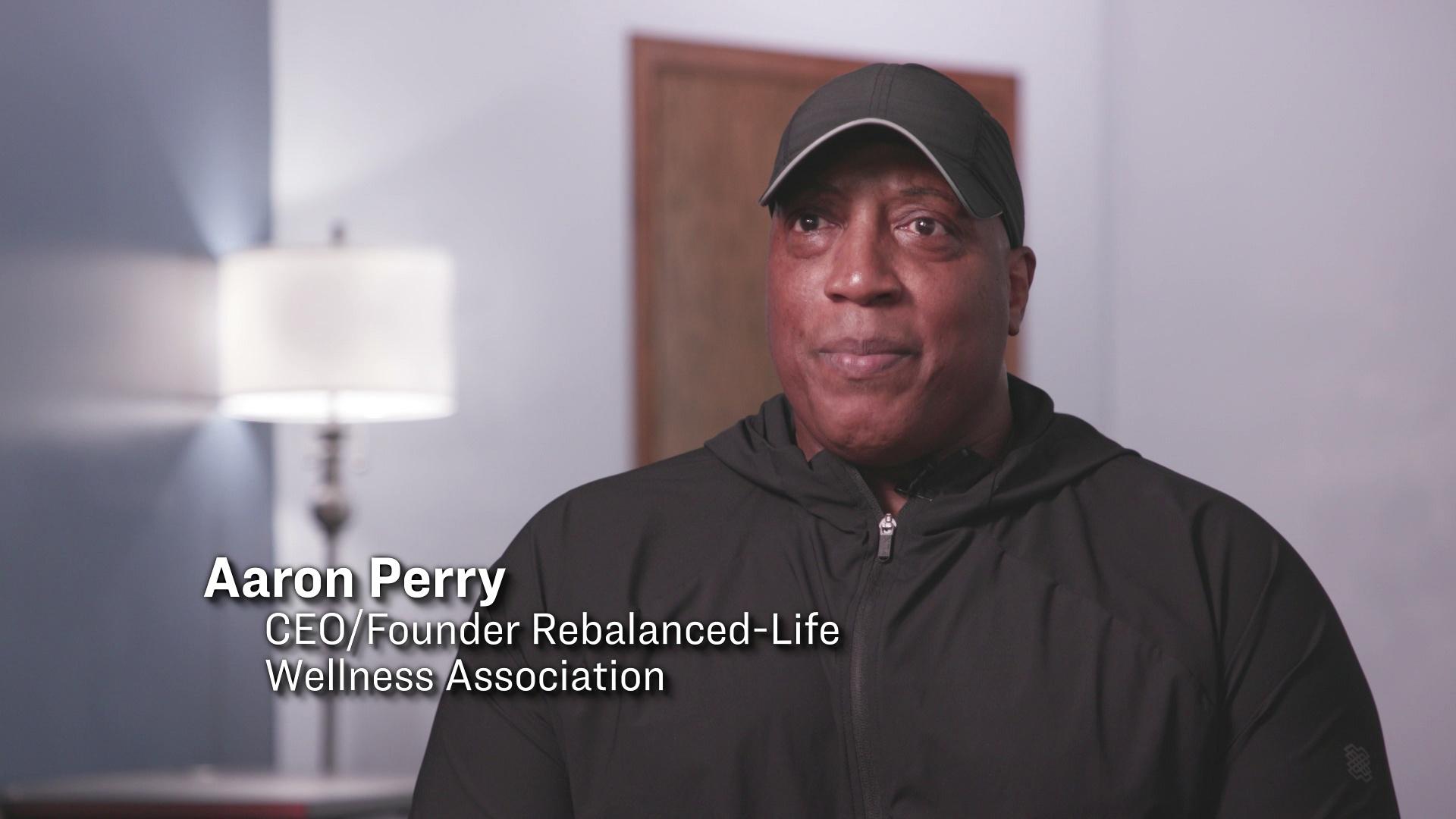
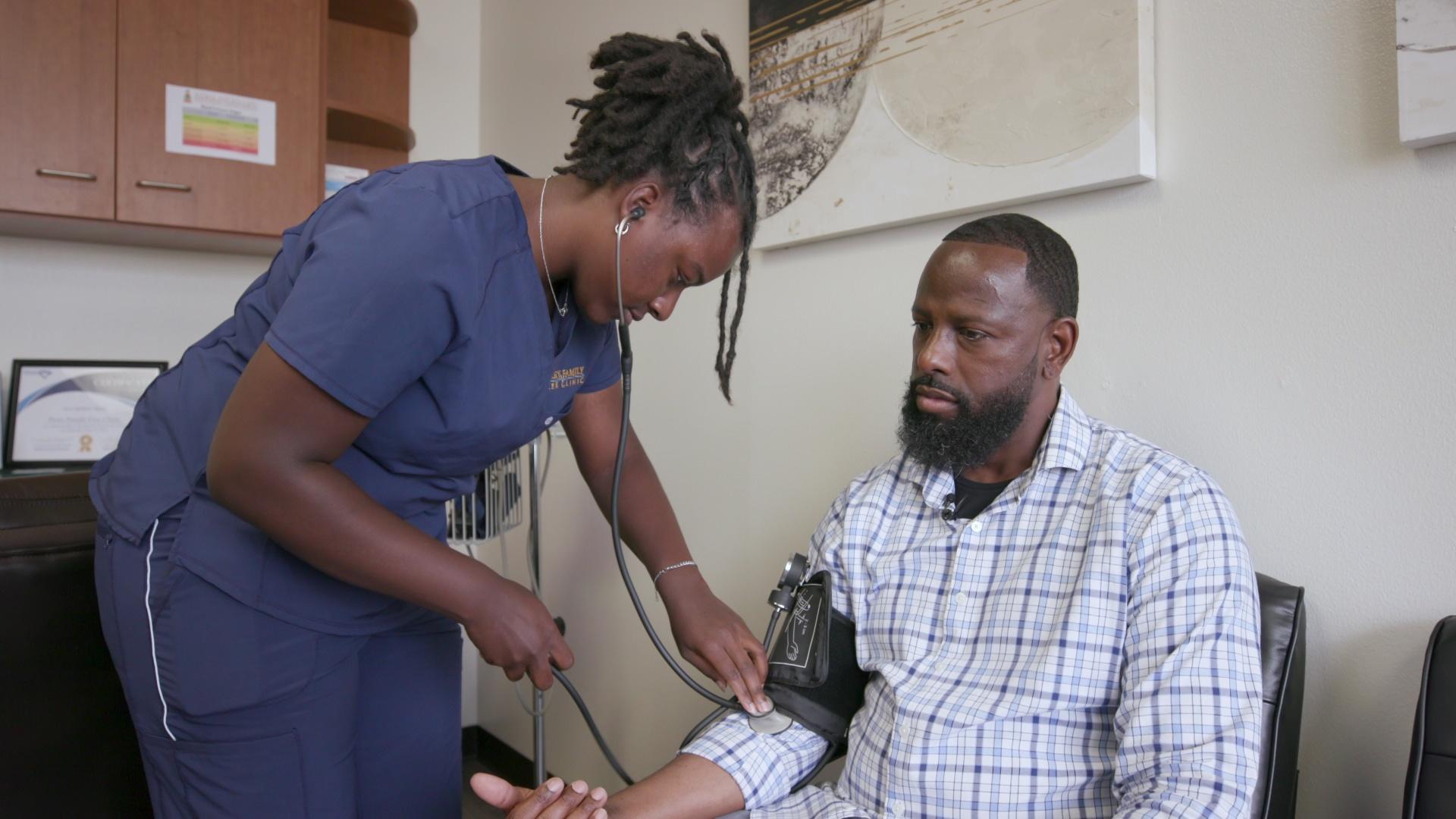

Follow Us